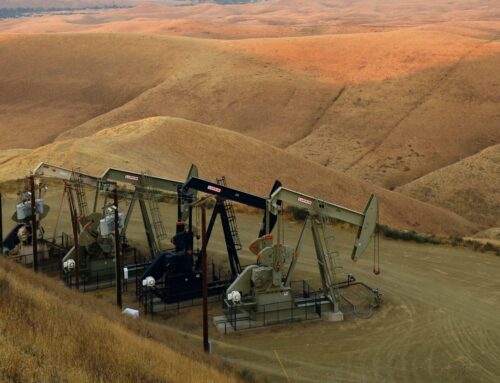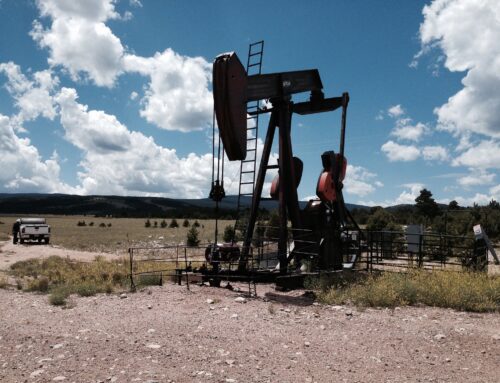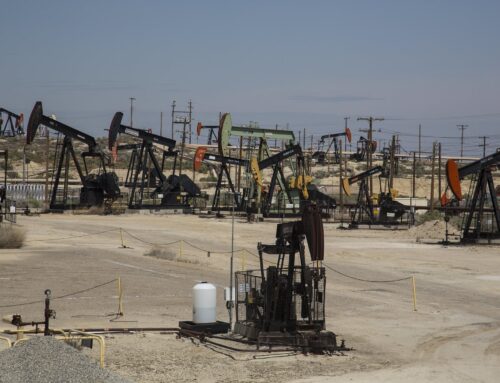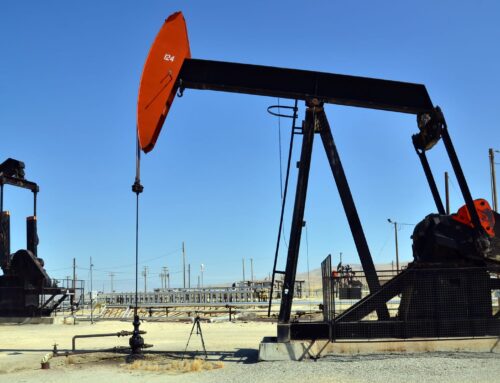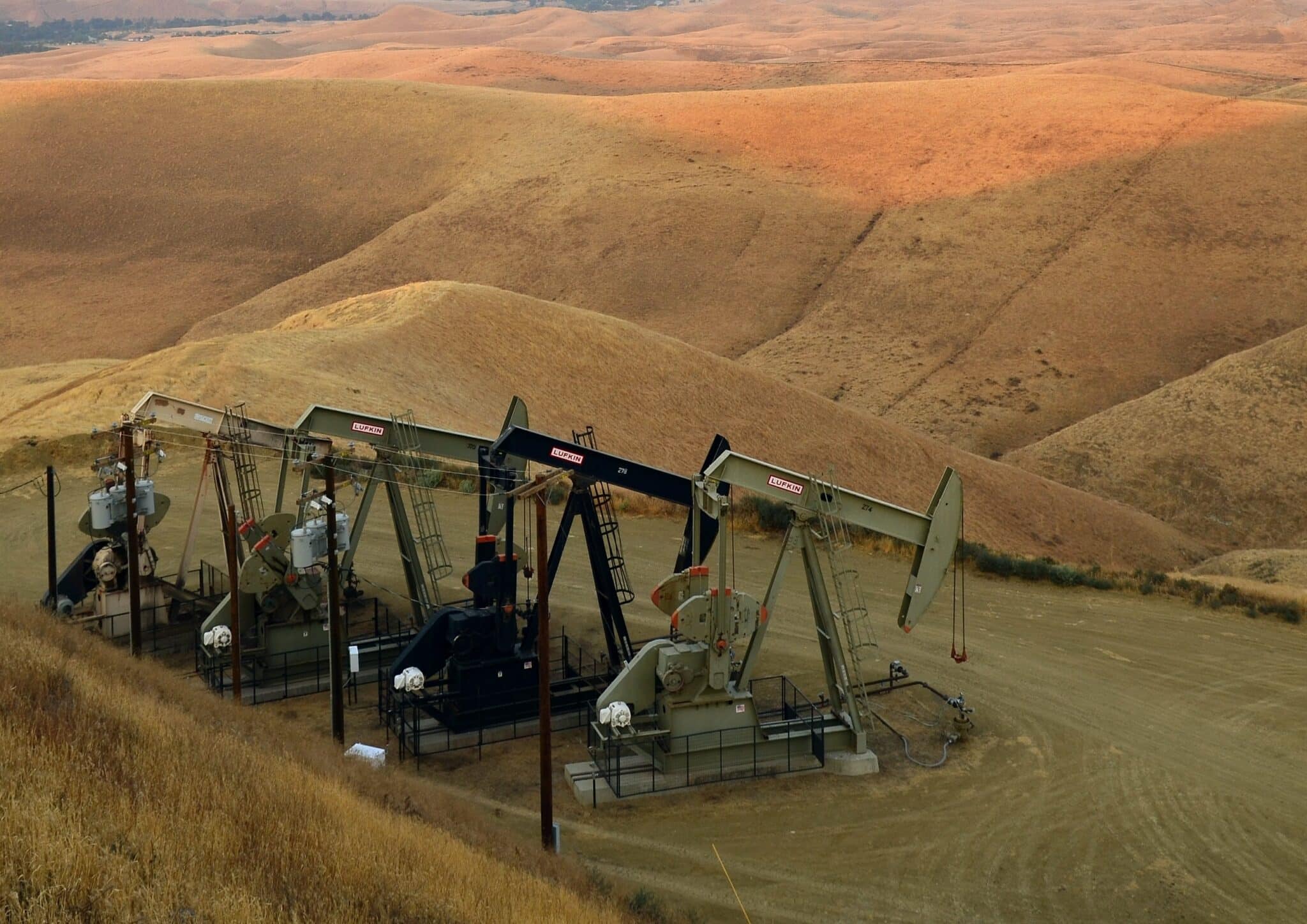Washington, D.C. – The Senate decision today to approve the Renewable Fuels Standard (RFS) that will increase the use of ethanol to 5 billion gallons by 2012 will cost taxpayers billions of dollars in additional subsidies to agribusiness and the energy lobby, according to Taxpayers for Common Sense, a leading critic of corporate welfare.
“This is a massive cash cow for the farm lobby,” said Joe Theissen, Executive Director for Taxpayers for Common Sense, “This is election year political pandering at its worst.”
Ethanol originated during the late 1970s energy crisis as a solution to dependence on foreign oil. “A quarter-century later, our dependence on foreign sources is higher than ever, “ continued Theissen. “There is no public benefit to ethanol, but it remains a political powerhouse here in Washington.”
When fully enacted, the RFS will cost taxpayers around $2.5 billion in annual subsidies to the ethanol industry. “We have been sacrificing billions of taxpayer dollars to the corn gods for far too long,” continued Theissen.
Archer Daniels Midland Co. (ADM), a politically powerful company based in Decatur, Illinois, would benefit most from the new RFS standard — not small family farmers in the Midwest, according to the group. “The cold, hard truth is that this is yet another politically motivated handout to a powerful special interest,” said Theissen.
ADM is one of the biggest agricultural companies in the world with more than $5.3 billion in sales last quarter. ADM controls about half of current capacity and 75-80% of ethanol production capacity is controlled by 10 other companies and farm cooperatives, including Cargill and Williams Energy.
“Ethanol has become more a debate over political power and the need for any potential Presidential candidate to have strong support from Midwestern states.” concluded Theissen.
To get support from the oil industry, Senators also made sure that the RFS would ban methyl tertiary butyl ether (M.T.B.E.) and would eliminate the federal requirement for oxygenates in gasoline. It also indemnifies oil companies from any liability claims if ethanol ends up being as toxic as M.T.B.E.

